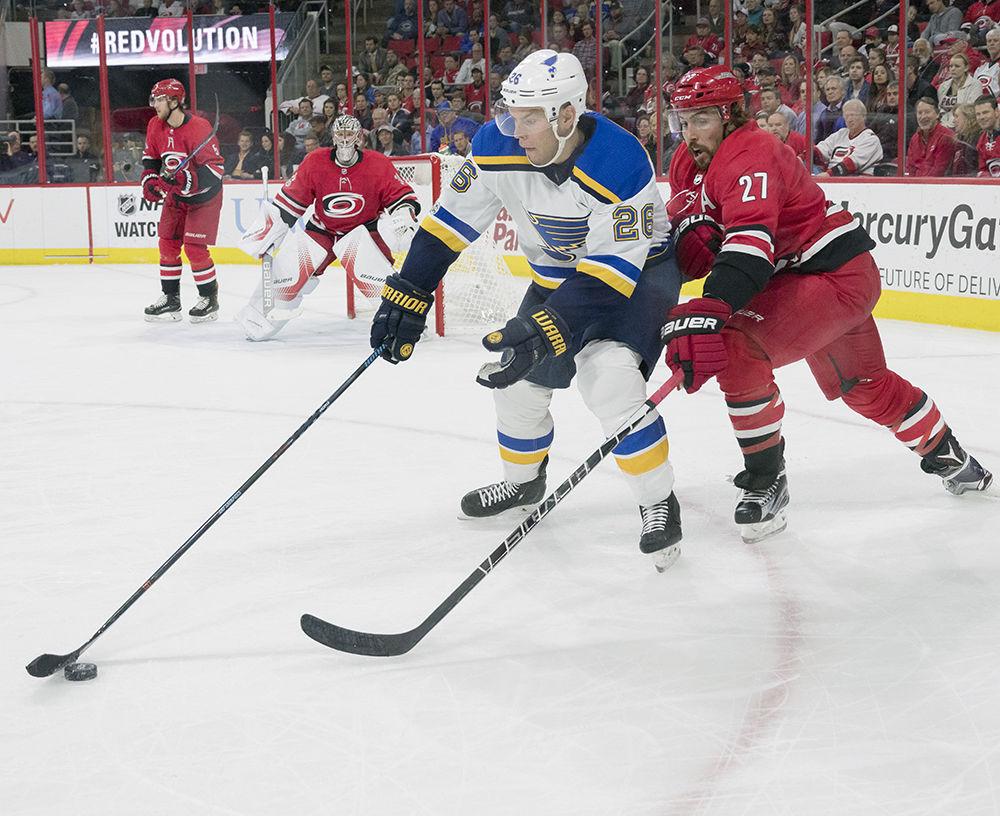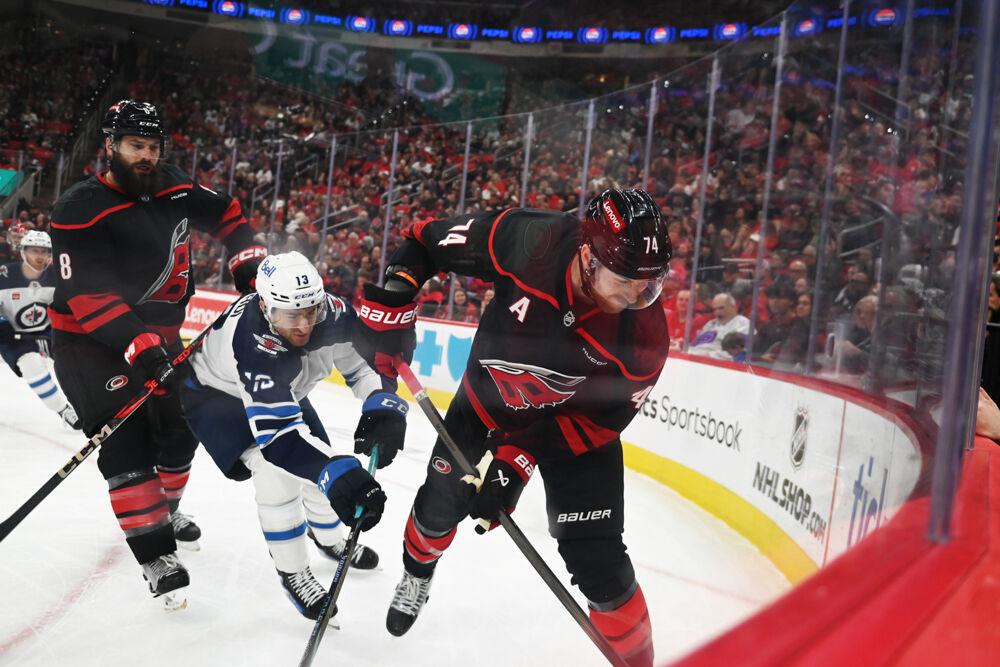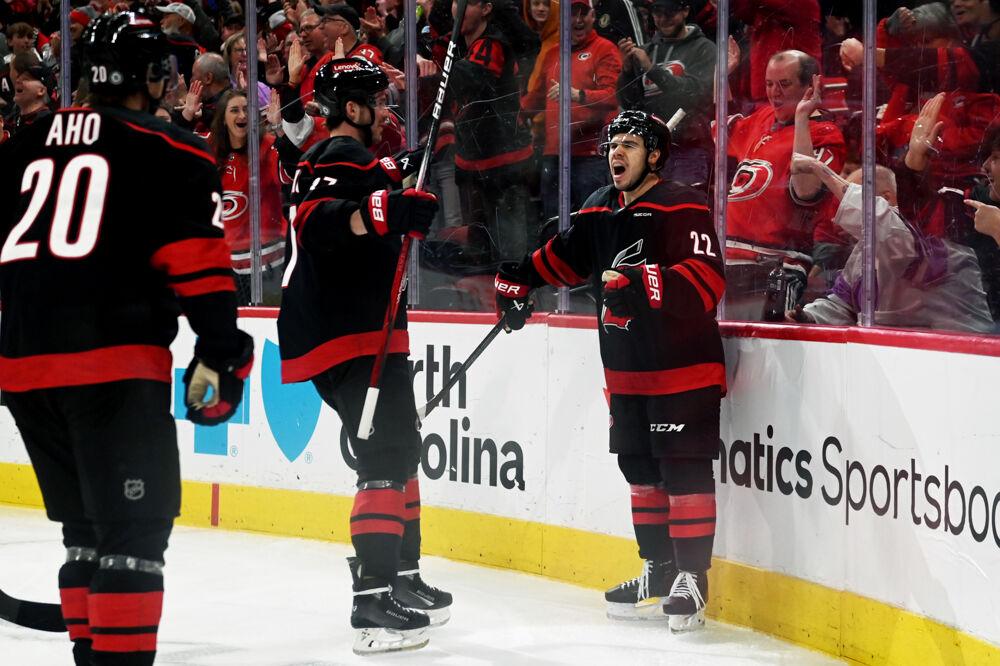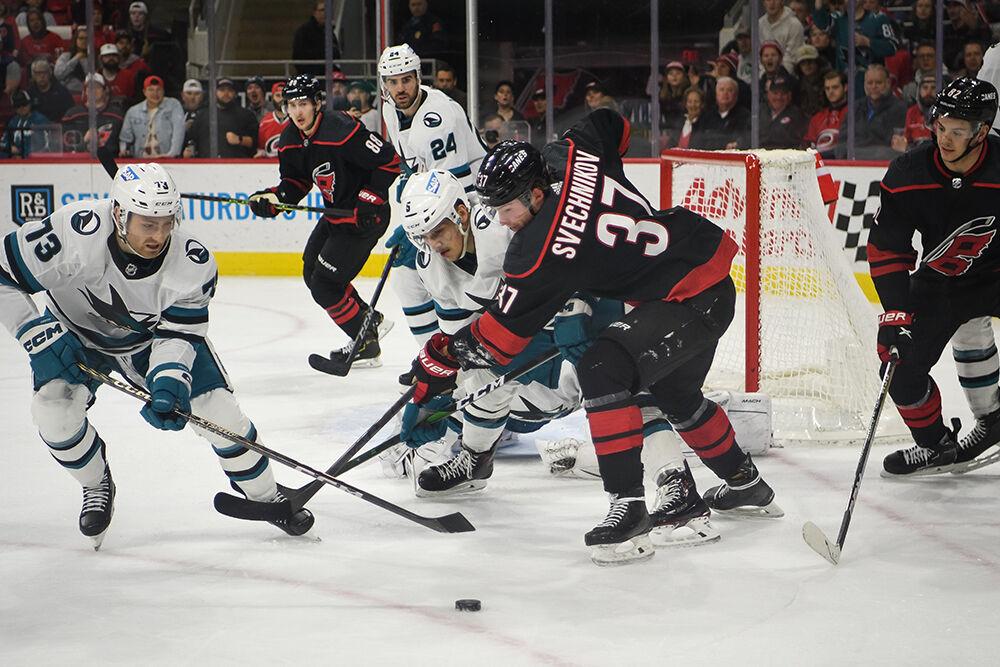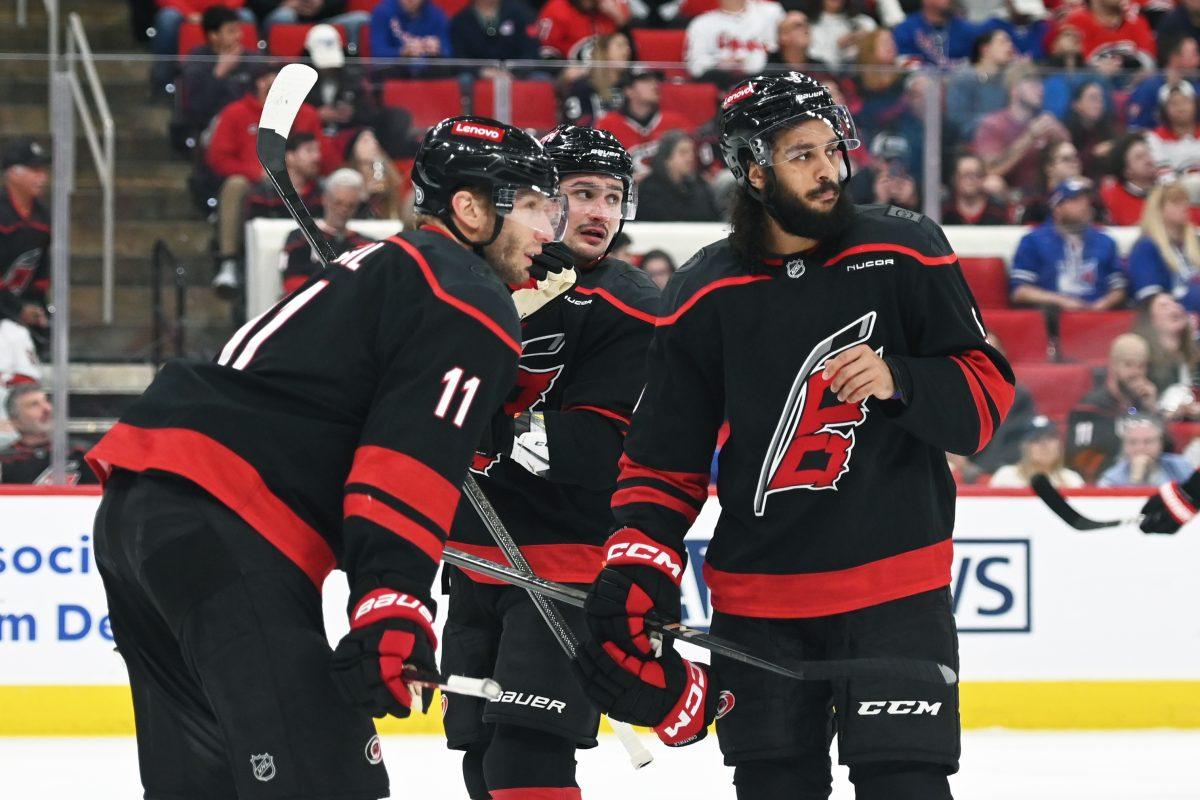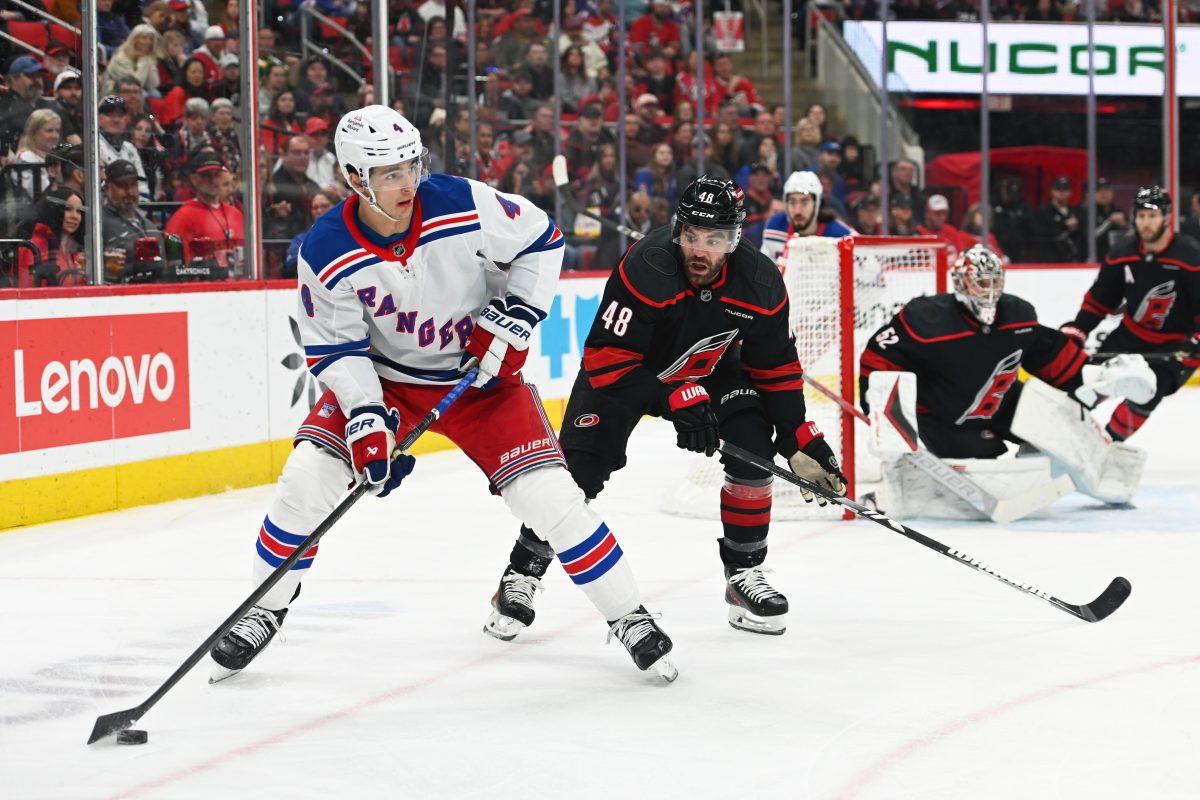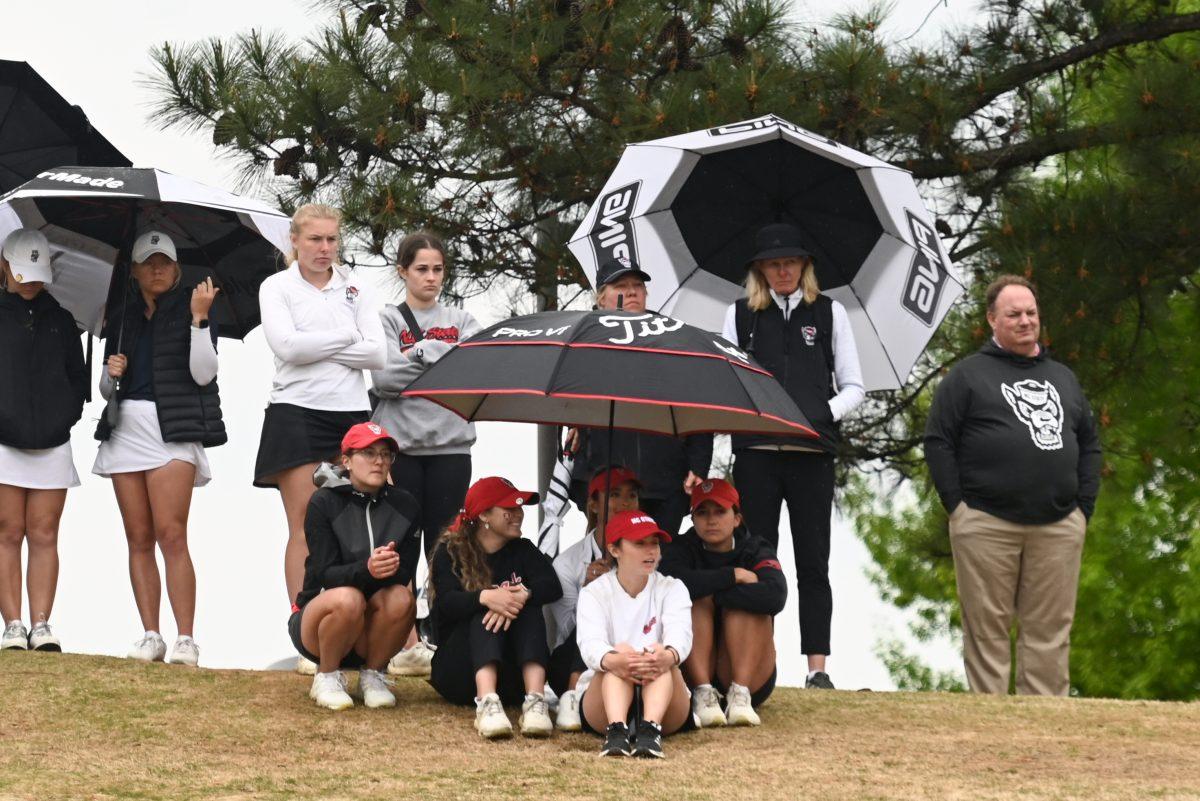The start to the 2017-18 season has been a mixed bag for the Carolina Hurricanes. While the team has a solid record at 6-5-4, the Canes are not on the pace they need to be to get back to the postseason for the first time since 2009.
There are a few factors that have held the team back from a better start, but the most glaring, and the one most likely to push the NHL’s longest-active playoff drought to nine years, is a lack of production on the power play. The Canes’ man advantage has been woefully inept thus far on the young season.
Carolina has scored a measly six goals on 49 power-play opportunities, and ranks 29th out of 31 teams with a 12.2 conversion percentage. Struggles on the power play are nothing new for the Canes either. Since ranking 15th in the league in head coach Bill Peters’s first season in 2014-15, the team has ranked 24th and 21st, respectively, in each of the last two seasons.
Finding its way into the top half of the league with the man advantage is something the Canes will have to strive for if they want to accomplish their goals this year. Of the teams in the top 15 of the league on the power play, 11 currently occupy playoff position. In fact, in each of the last three seasons, at least seven of the top 15 have reached the postseason.
The Canes know the power play has to be better, with Peters saying as much after the team’s 4-3 overtime loss to the Chicago Blackhawks Saturday night, and that the team would look at personnel changes to try and improve it.
“Tough segment for the power play,” Peters said. “Five games, didn’t score. [Chicago got one]. Don’t think it showed up as a power-play goal, but our guy didn’t on the ice yet, so in essence it’s a power-play goal. When you’re not winning the special teams battle, it makes it hard.”
It’s pretty easy to find direct examples of the power-play struggles costing the Canes at least one point in the standings this season. Of the team’s nine total losses this year (regulation and overtime combined), seven have come by one goal. In five of those games, the Canes have failed to score even once on the power play.
That’s five instances where even doing the bare minimum would have gotten the Canes at least one additional point in the standings. Add five points to the team’s current total of 16, and the Canes would be tied for third in the Metropolitan Division, instead of four points out of a wildcard.
If there’s a positive, it’s that the Canes’ players are clearly aware the power play is costing the team points and needs to improve.
“I think the power play’s been struggling as of late,” forward Jeff Skinner said. “We’ve got to find a way to turn that around. It’s costing us in some situations where we need a bit of a jump and we could maybe use one from the PP but we’re not getting it. It’s got to be better.”
Whether it’s personnel changes, stylistic or structural changes, Peters, assistant coach Rod Brind’Amour and the Canes have to find a way to jumpstart the power play. Without better production up a man, Carolina is likely to be looking at another long summer when this season wraps up.


